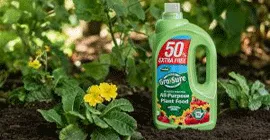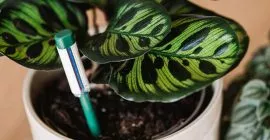Traditional and specialist plant feeds are loved by many gardeners, but it can be confusing if you don’t know which one to use or when to use them.
Giving soil extra nutrients at the start, during and end of the growing season, not only prepares your plants for summer and winter by giving them a better chance to survive. But it also improves plant growth.
Our easy guide shows you which specialist feed to use and what time of year to use them, allowing you to extend the growing season.
Types of Feeds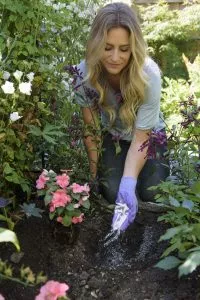
There are two main types of traditional and specialist plant feeds: organic and synthetic / inorganic
Organic Feeds (derived from plants or animals)
Inorganic / Synthetic Feeds (man-made)
What Feeds to Use and When
Prepare
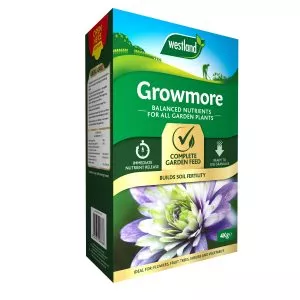
Growmore can be used as an overall garden soil fertiliser to prepare the soil at the start of the growing season. Unlike other brands of Growmore, Westland Growmore granules are unique because they are small in size. This is extremely useful as they can be used with either one of our spreaders the Westland lawn drop spreader or Westland handheld spreader.
Early Season/Spring
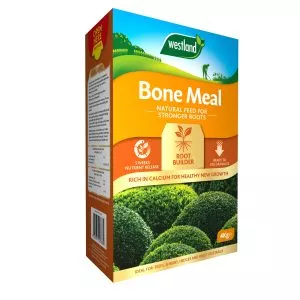
Bone Meal is best used during Spring whilst we are early in the growing season. Bone Meal helps develop roots and is also perfect for the establishment of trees, shrubs and hedges.
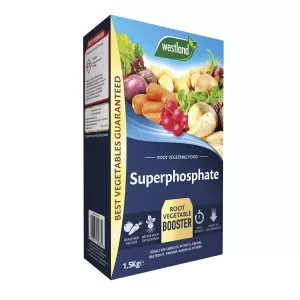
Superphosphate contains high levels of Phosphate which promotes healthy root growth and bigger, stronger roots. Carrots and Potatoes perform well when fed with Superphosphate.
Mid-Season – Late Spring / Early Summer
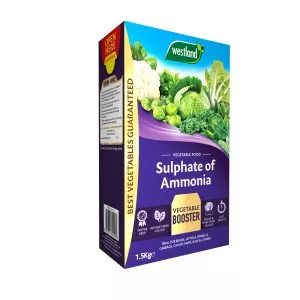
Sulphate of Ammonia establishes greener growth. It is high in nitrogen which is beneficial for leaf growth. Green vegetables like lettuce and beans perform well when fed with Superphosphate.

Superphosphate can also be used in Mid-season as well as early season / spring to boost and promote healthy growth during the growing season.
Late Season –Summer
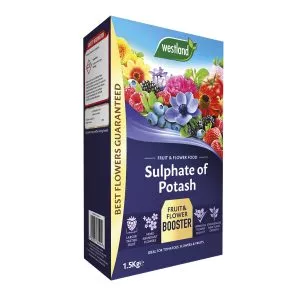 Sulphate of Potash is high in potassium and is best used for flowers & fruits to achieve even bigger blooms.
Sulphate of Potash is high in potassium and is best used for flowers & fruits to achieve even bigger blooms.
Recovery
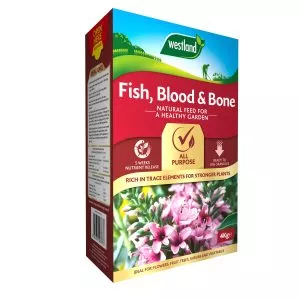
Fish, Blood and Bone contains potassium for improved flower & fruit growth. It is advised to top-up the soil with Fish Blood and Bone during the winter months because plants use up all the nutrients that were in the soil over the summer months. By helping your plants to recover during the winter months it will helps to give the plant a great start ready for the growing season.
Problem / Specialist Areas
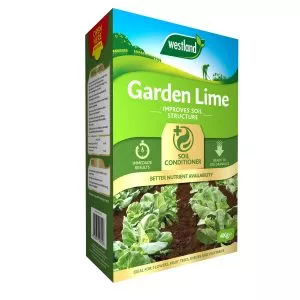
Garden Lime makes soil more alkaline to ensure that the right nutrients are locked into the soil. The best soil Ph value is between 6 and 7 as the correct nutrients are available for plants, flowers and fruits. Use a soil Ph testing kit, if you would like to find out the Ph balance of your soil.
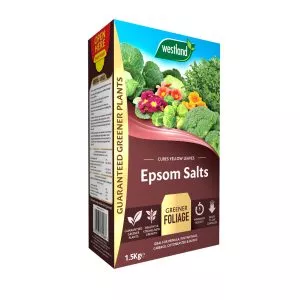
Epsom Salts is to be used on plants that are showing signs of nutrient deficiency. This is usually shown by leaf yellowing or discoloration. Epsom Salts add magnesium into the soil to help keep leaves green and prevents them from turning yellow.
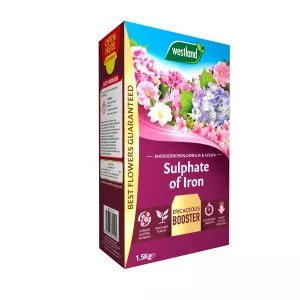
Sulphate of Iron is used to maintain and ensure that the acidity of the soil is at its perfect for lime-hating, ericaceous plants so they have the best chance to survive as as for growth performance.
How to Use
- Young Plants – Dig into planting hole for best results
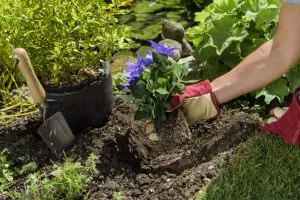
- Established Plants – Sprinkle around the plant and water in
- Improve soil– Fork in feed to condition and add extra beneficial nutrients to enrich the soil
For further information and dosage requirements, please refer to the individual product pages.



